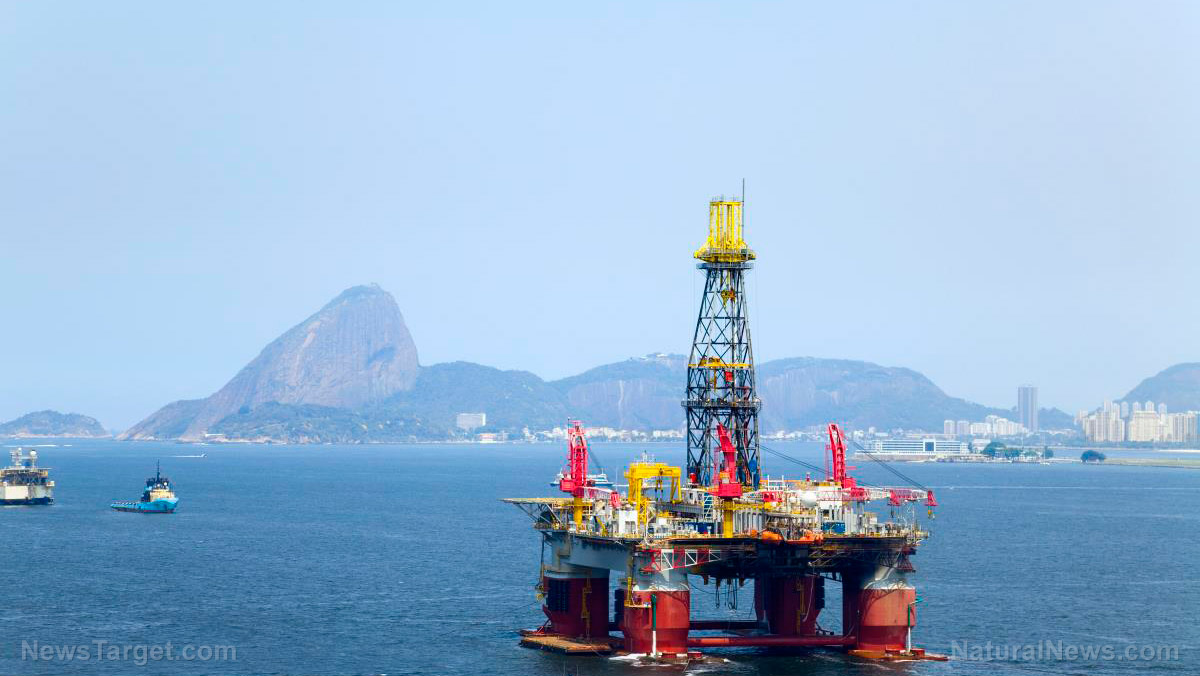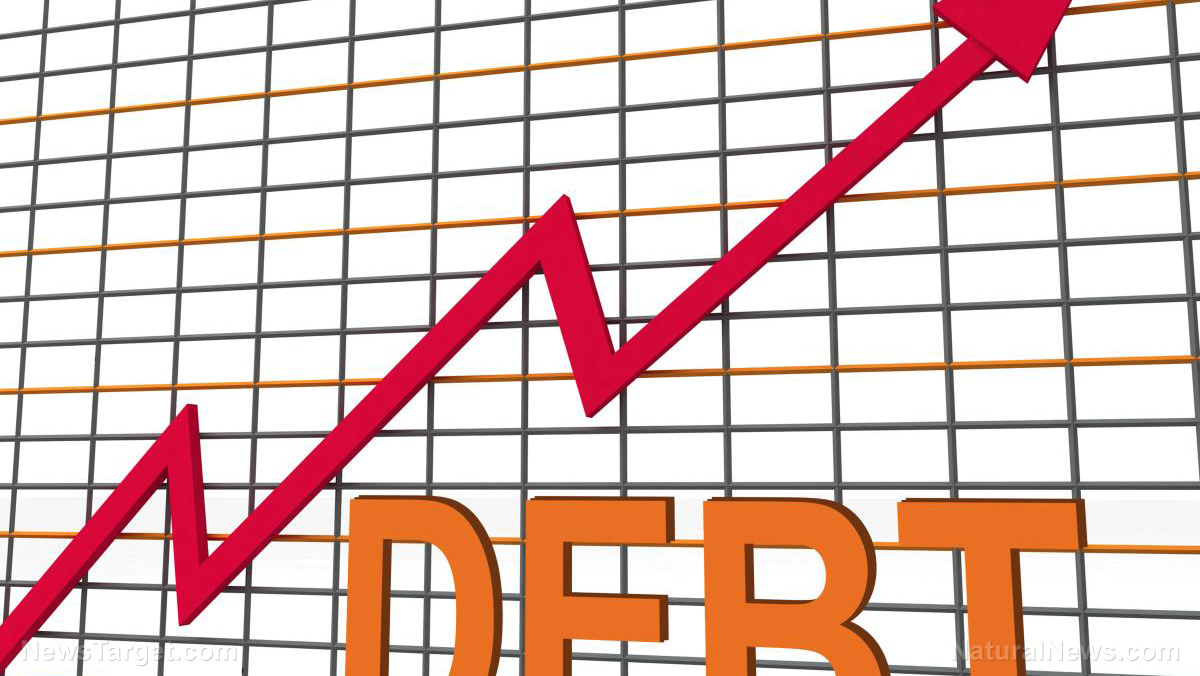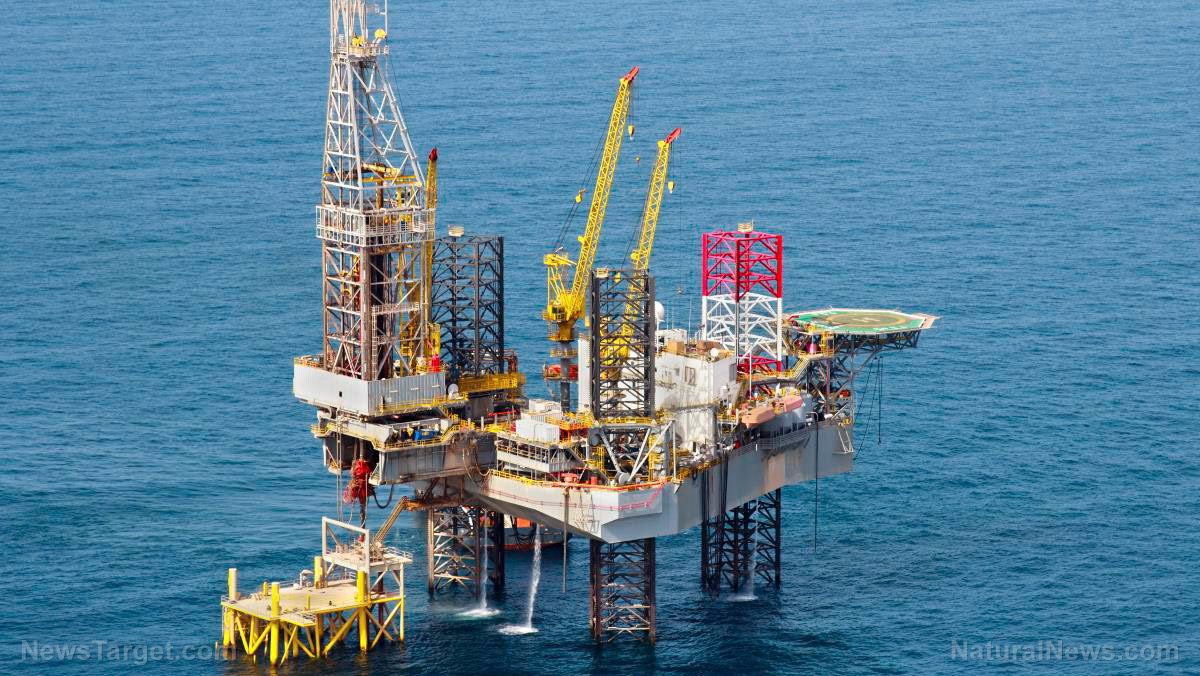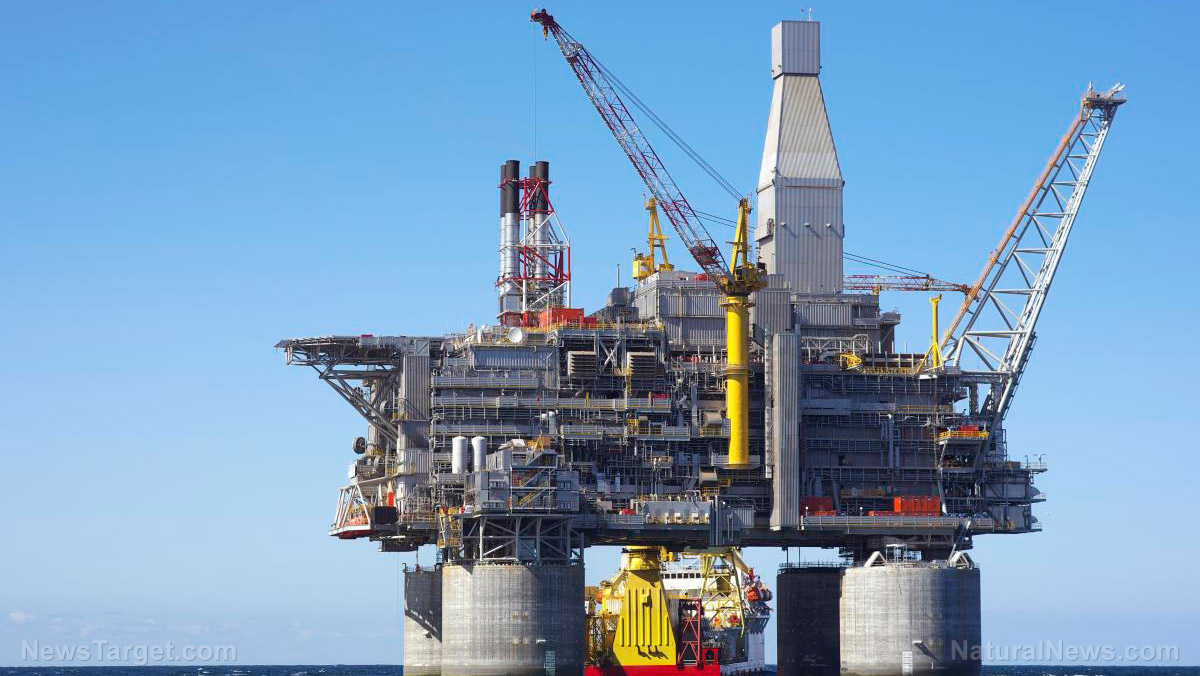Epic fail: Joe Biden’s sanctions have actually benefited the Russian economy
07/08/2022 / By Arsenio Toledo

President Joe Biden and the West’s sanctions against Russia are only making its economy stronger as a result.
“Russia cannot defeat Ukraine,” said Biden, justifying the sanctions which have hurt innocents in the United States, Russia and all over the world.
“The reason why gas prices are up is because of Russia. Russia, Russia, Russia,” he added, attempting to deflect blame for the growing economic and inflation crisis.
But as Biden and his allies in the North Atlantic Treaty Organization continue to deny their culpability in the growing global crises, the sanctions have actually been a windfall for the Russian economy.
Russia is the world’s leading exporter of energy. It produces 12 million barrels of oil per day, with around 8.5 million of those being exported to other countries per day. Following the implementation of sanctions, the price of a barrel of oil has risen as high as $118.
The current price of Brent crude futures, one of the world benchmarks for gauging oil prices, is currently hovering at around $100 per barrel, its lowest level since April 11, but still far higher than pre-sanctions oil prices.
What this means is that Russia got the best terms for trading oil in its history. Last year, the country received around $120 billion in the oil trade. This year it is expected to reap a whopping $250 billion. In other words, international sanctions have virtually doubled the size of the Russian oil industry. (Related: Circumventing sanctions: Oil shippers are hiding Russian crude by ‘going dark’ to avoid backlash.)
“It can be stated without fear of hyperbole that Russia has been the country that has benefited most from the international sanctions imposed by the U.S. and its allies,” wrote the editorial team of the Observatorial. “The story has, apart from its tragic aspects, a deeply ironic content, perhaps because it is a ‘fear of freedom’ that always breaks the limits imposed on it.”
Keeping Russian sanctions in place could kill the U.S. dollar
Financial expert and author Michael Wilkerson noted that the sanctions and the economic warfare conducted by the U.S. and its allies against Russia will only backfire and could lead to more food shortages and damage the U.S. dollar’s global dominance.
“Russia has worked over the last decade to sanction-proof its economy,” said Wilkerson during an interview. “Sanctions rarely work because the impact tends to be born by the sanction-imposing country.”
Wilkerson noted that people only have to look at the long history of America imposing sanctions on other countries during the 20th century to see how “they rarely work … they often backfire.”
The immediate consequences of the sanctions can already be seen in the surging price of energy and the dwindling international supplies. But Wilkerson warned that the world should also expect to see more food shortages and rationing as Russian agricultural exports, most notably fertilizer, are kept off the global market.
He further warned that one of the long-term consequences of the sanctions would be the erosion of the dollar’s strength. Weaponizing the U.S. dollar in the way that Biden’s administration has will only lead to its status as the sole global reserve currency being damaged.
Watch this video from InfoWars as host Owen Shroyer talks about how Russia has become more powerful than ever after the sanctions backfired.
This video is from the InfoWars channel on Brighteon.com.
More related stories:
Russia to strengthen economic ties with China amid sanctions imposed by western countries.
Food crisis looms: Sanctions against Russia threaten global food security.
Sources include:
Submit a correction >>
Tagged Under:
backfire, big government, bubble, chaos, collapse, dollar demise, economic collapse, economic sanctions, economy, failure, inflation, Joe Biden, oil industry, oil trade, rationing, risk, Russia, scarcity, shortages, stupid, supply chain, truth, World War III
This article may contain statements that reflect the opinion of the author
RECENT NEWS & ARTICLES
COPYRIGHT © 2022 FuelSupply.news
All content posted on this site is protected under Free Speech. FuelSupply.news is not responsible for content written by contributing authors. The information on this site is provided for educational and entertainment purposes only. It is not intended as a substitute for professional advice of any kind. FuelSupply.news assumes no responsibility for the use or misuse of this material. All trademarks, registered trademarks and service marks mentioned on this site are the property of their respective owners.




















